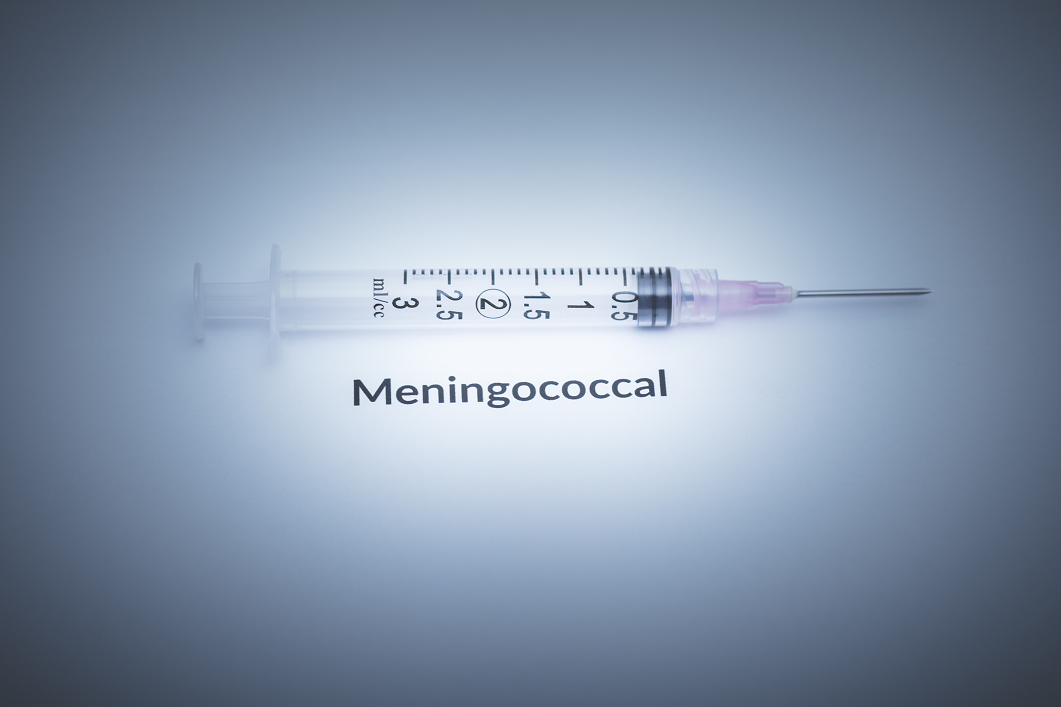- Trillions of microorganisms that make up the human microbiome work in conjunction with the central nervous and immune systems to ensure health.
- The diversity and types of bacteria and other gut microflora have been linked to risks for obesity, psychological disorders, autoimmune diseases, non-alcoholic liver disease and cancers.
- Every person’s microbiome is unique and evolves from factors including family, environment and nutrition.
What do acute anxiety, diabetes, obesity, non-alcoholic fatty liver disease, rheumatoid arthritis and autism spectrum disorders have in common? They, along with many other disorders, have all been linked to an imbalance of intestinal health, more specifically of the human microbiome, defined by the microorganisms that inhabit the gut.
Historically speaking, there is nothing new about the idea that the status of intestinal flora has far-reaching implications for the overall health of the body. The ancient Egyptians believed that “intestinal autointoxication” associated with the decomposition of food caused disease;1 the Greeks extended that theory to include impurities resulting from other bodily processes: yellow bile, black bile, blood and phlegm—together referred to as the “Four Humors” that formed the cornerstone of Greek medical philosophy.
In the 1800s and early 1900s, many physicians believed that a buildup of toxins in the colon caused an infectious state in the body that led to such psychological disorders as depression, anxiety and psychosis. Treatments aimed at resetting the intestinal environment included colonic purges and even such radical measures as bowel surgery, before such interventions were “dismissed as quackery.”3
In the chronicles of “what’s old is new again,” the resurgence of scientific interest in the interaction between the organisms that make up the gut flora—referred to as the microbiota—and other body systems is changing views on the causes and treatments of conditions ranging from mood disorders to autoimmune diseases like rheumatoid arthritis and multiple sclerosis to autism. Today the idea of drastic action aimed at repopulating the body’s intestinal flora is not considered outrageous at all. There is a whole industry built around the goal of “detoxing the body” and a plethora of books, diet gurus, websites, health spas and products promote such avenues as “juicing fasts,” the “GAP diet,” “high-colonic enemas” and probiotic supplements to reestablish healthy gut flora and support a healthy whole-body system.
Gut Microbiome is a Highly Personalized Environment
The trillions of microbial organisms that inhabit the large and small intestine outnumber human cells in the body by 10:1, though they are so small they make up only about two percent of the body’s mass.4 These human microbiota develop along with their human host in an elegant and symbiotic way: They depend on their person for survival and their person depends on them for health and wellbeing. Some of the responsibilities of the gut flora include bolstering the immune system so it can recognize invading pathogens and fight off illness; aiding in digestion by breaking down plant matter we would not otherwise be able to process; and synthesizing necessary nutrients including B and K vitamins.5 “Even slight imbalances have far reaching consequences,” says Dr. Amy Nett. “It has become clear that the microbiome profoundly affects our immune system.”6
It may be relatively easy to accept that the quality and type of bacteria in the gut affect how well food is broken down and, if suboptimal, how that might cause unpleasant gastrointestinal issues. Harder to intuit is how the workings of the intestines might affect other body systems such as the brain and associated psychological issues. Yet it appears that the gut biome is intimately related to our reactions to stressors and our ability to either deal with them in a healthy and appropriate way or succumb to dis-ease, whether physical or or psychological. An imbalance of the intestinal ecosystem has been linked to cancers; autoimmune disorders including diabetes, rheumatoid arthritis and multiple sclerosis; psychiatric disorders; non-alcoholic fatty liver disease; and autism spectrum disorders.7 8 9
The Brain, Gut, Immune System Partnership
“The gut-brain axis seems to be bidirectional—the brain acts on gastrointestinal and immune functions that help to shape the gut’s microbial makeup, and gut microbes make neuroactive compounds, including neurotransmitters and metabolites that also act on the brain,” explains award-winning science writer Charles Schmidt.3 The complex connections that drive the three-sided relationship among central nervous system, intestinal microorganisms and immune system are simplified by Dr. Emily Deans, who says, “In a sense, our body reacts to all stress as if it were an infection, and to chronic stress as if it were a chronic infection.”8
She describes how the body responds to any stressors, physical or psychological, the same way: by triggering the “fight or flight” reaction. So, regardless of whether we actually face physical danger, the central nervous system responds by revving up the heart rate, dilating the pupils, and flooding the system with natural steroids and adrenaline. Blood platelets change shape and become stickier, to slow the bleeding rate in case of attack. “Inflammatory cytokines” are released that activate the immune system. The gut gets involved because pathogenic bacteria in the gut (the ones that can make us sick) trigger many of the same reactions as stress. Animal studies also indicate that stress itself may affect the makeup of the biome, increasing levels of pathogenic bacteria and decreasing levels of beneficial microorganisms, which are needed to help stem the chronic stress response.
Under normal circumstances, the entire fight or flight reaction is followed by a “rest and recovery” phase, but in the case of chronic inflammation, the cycle is disrupted and chronic disease may follow.
Gut Microbiome Affects Overall Health
Each person develops a totally unique microbiome, much of it acquired genetically, from the mother during birth (children born vaginally reportedly have a more diverse biome than those delivered by Cesarean section) and through breastfeeding. Other influences that act to shape the individual human biome include the environment, nutrition and antibiotic use, and life stages, such as the change in gut flora that occurs with eruption of baby teeth and less beneficial age-related changes.9 The microbiome each of us carries is so completely distinctive that, “the microbial communities we carry in and on our bodies, the human microbiome, contain the potential to uniquely identify individuals, much like fingerprints.”10
Though much of our gut microbiome is predetermined or passively acquired, it also is adaptable and highly responsive to changes in nutrition, environment and stress level. Experts seem to agree that the best microbiome is highly diversified. As an example, lack of diversity of gut microbiology in 3-month-old infants has been linked to greater food sensitivities by age 1, including allergies to egg, milk and peanuts.7 Further, the type of bacteria or other microorganisms in the gut, as well as the concentration of specific kinds, seems to play a role in the development of—or protection from—obesity, cancer (and response to cancer treatments), mental health, autoimmune dysfunction and other disorders.
As study of the human microbiome continues, it becomes clear that every person represents a unique environment with differing factors influencing health, illness and response to medical intervention. The time of “one size fits all” medicine may be nearing its end.
References:
1 Statement of the National Association of Chain Drug Stores For U.S. Senate Finance Committee. Feb. 28, 2013.
2 The Four Humors. GreekMedicine.net. 2007-2015.
3 Schmidt C. Mental Health May Depend on Creatures in the Gut. Scientific American Feb. 17, 2015.
4 U.S. Department of Health and Human Services. NIH Launches Human Microbiome Project. NIH News Dec. 19, 2007.
5 Carey R. How to Improve Your Gut Health. PurePharma (Nutrition). (Undated, but with references from 2014).
6 Nett A. Does the Gut Microbiome Play a Role in Autoimmune Disease? ChrisKresser.com Dec. 23, 2014.
7 Whiteman H. The Gut Microbiome: How Does It Affect Our Health? Medical News Today Mar. 11, 2015.
8 Deans E. The Gut-Brain Connection, Mental Illness, and Disease. Psychology Today Apr. 6, 2014.
9 Cho I, Blaser MJ. The Human Microbiome: At the Interface of Health and Disease. (NCBI PubMed) Nat Rev Genet. March 13, 2012.
10 Your Microbiome Has A Unique ‘Fingerprint’. Scientific Blogging, Science2.0 May 11, 2015.













One Response
GAPS diet is the way to go